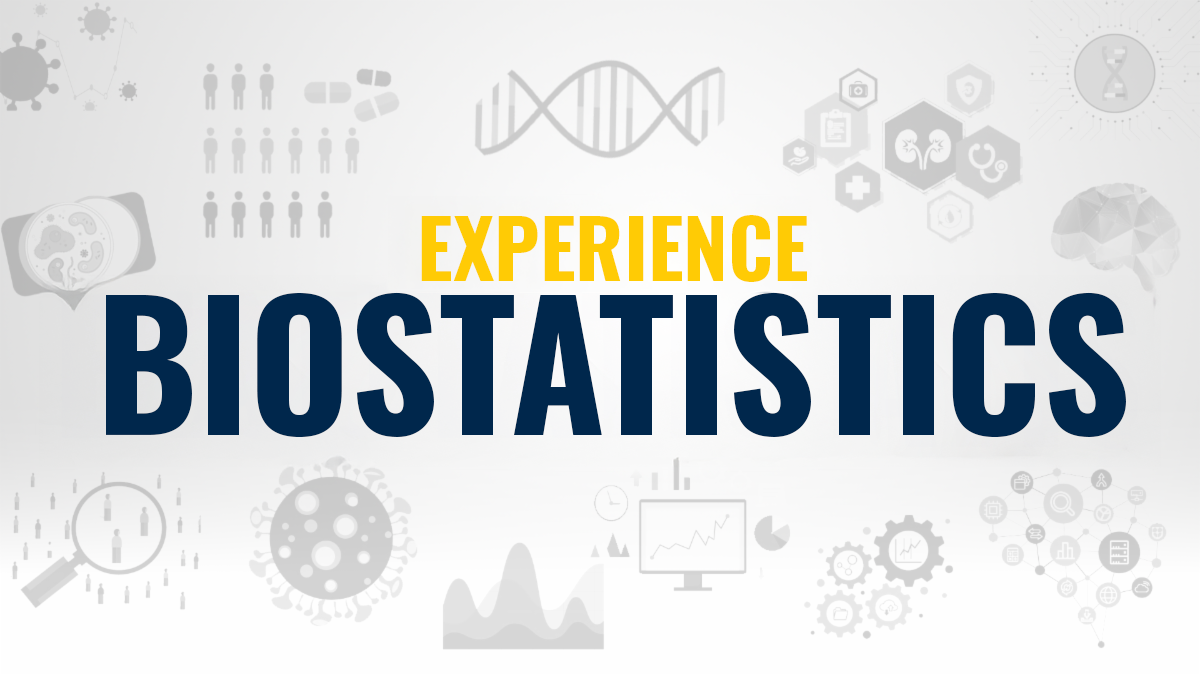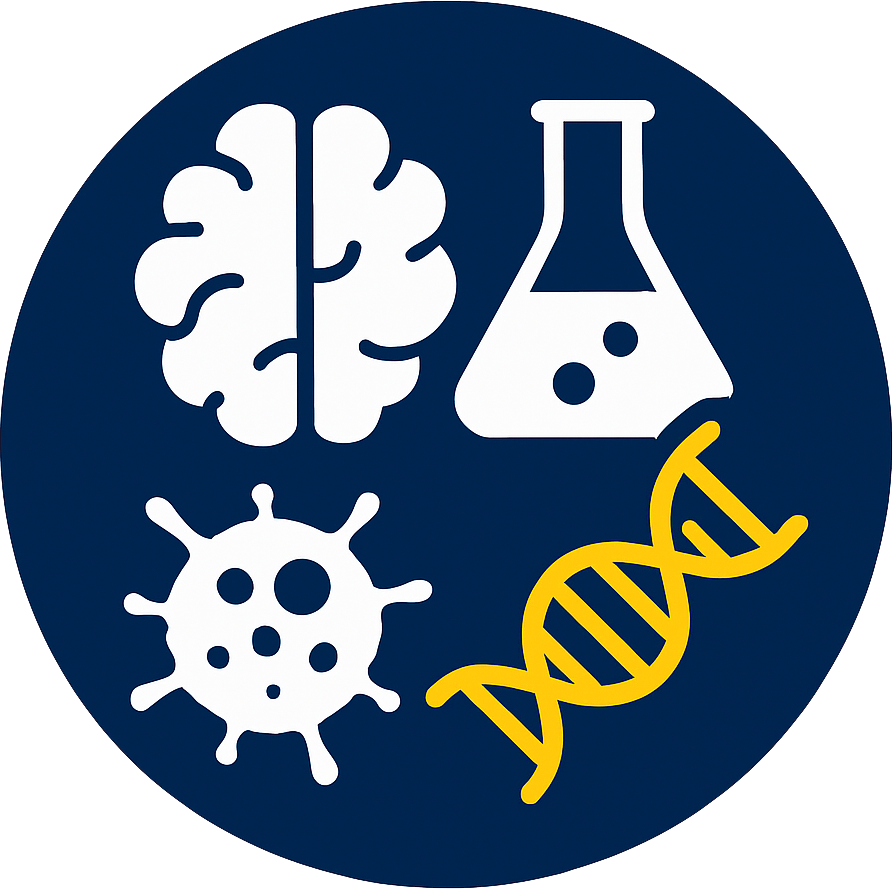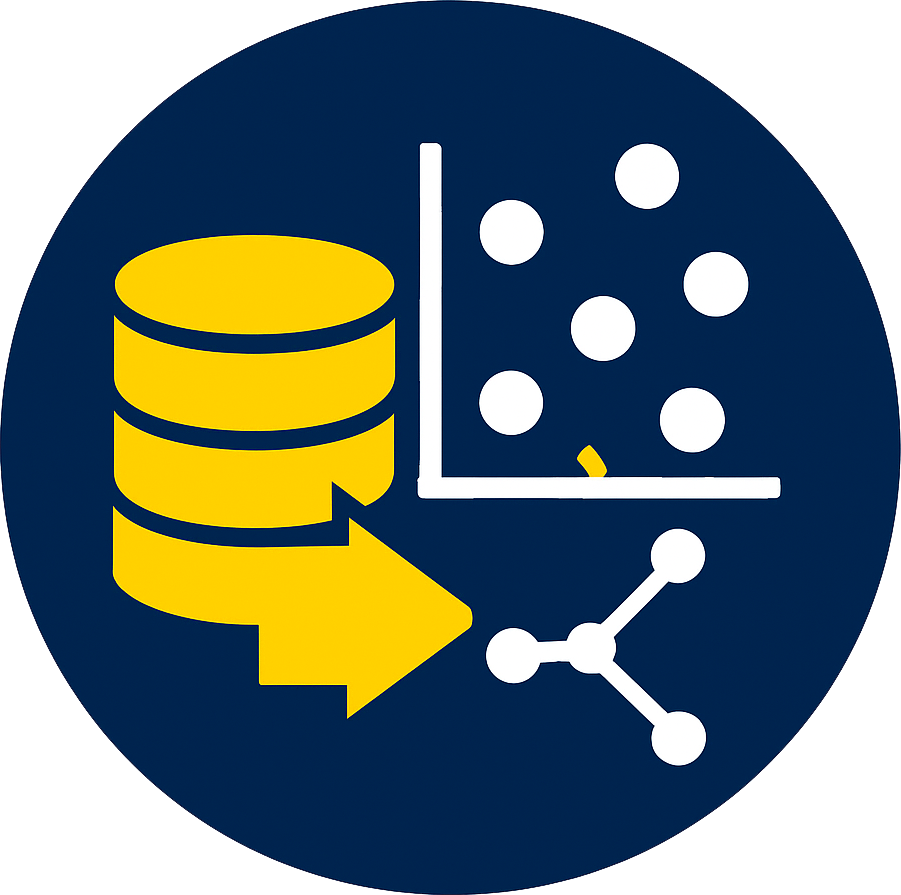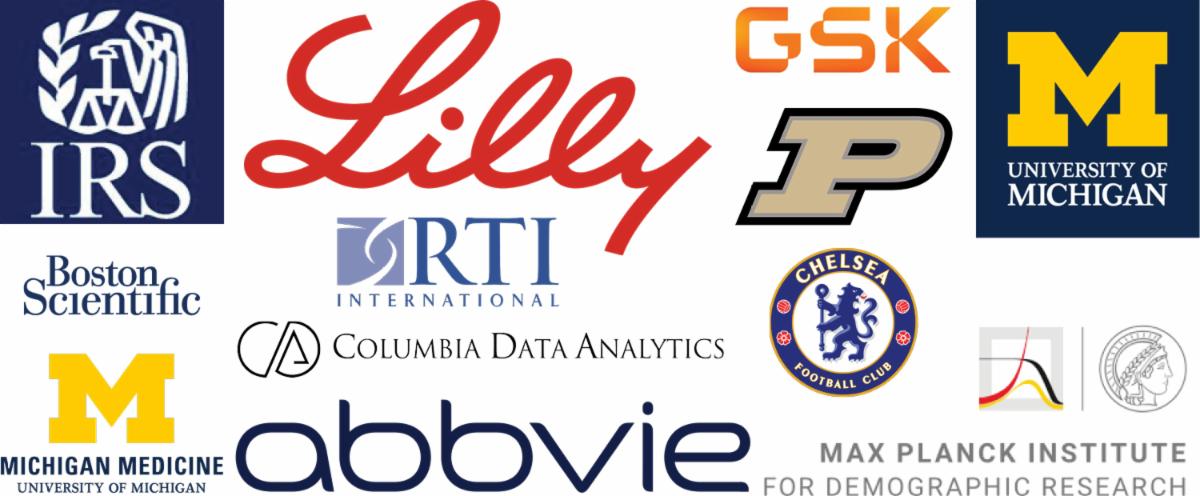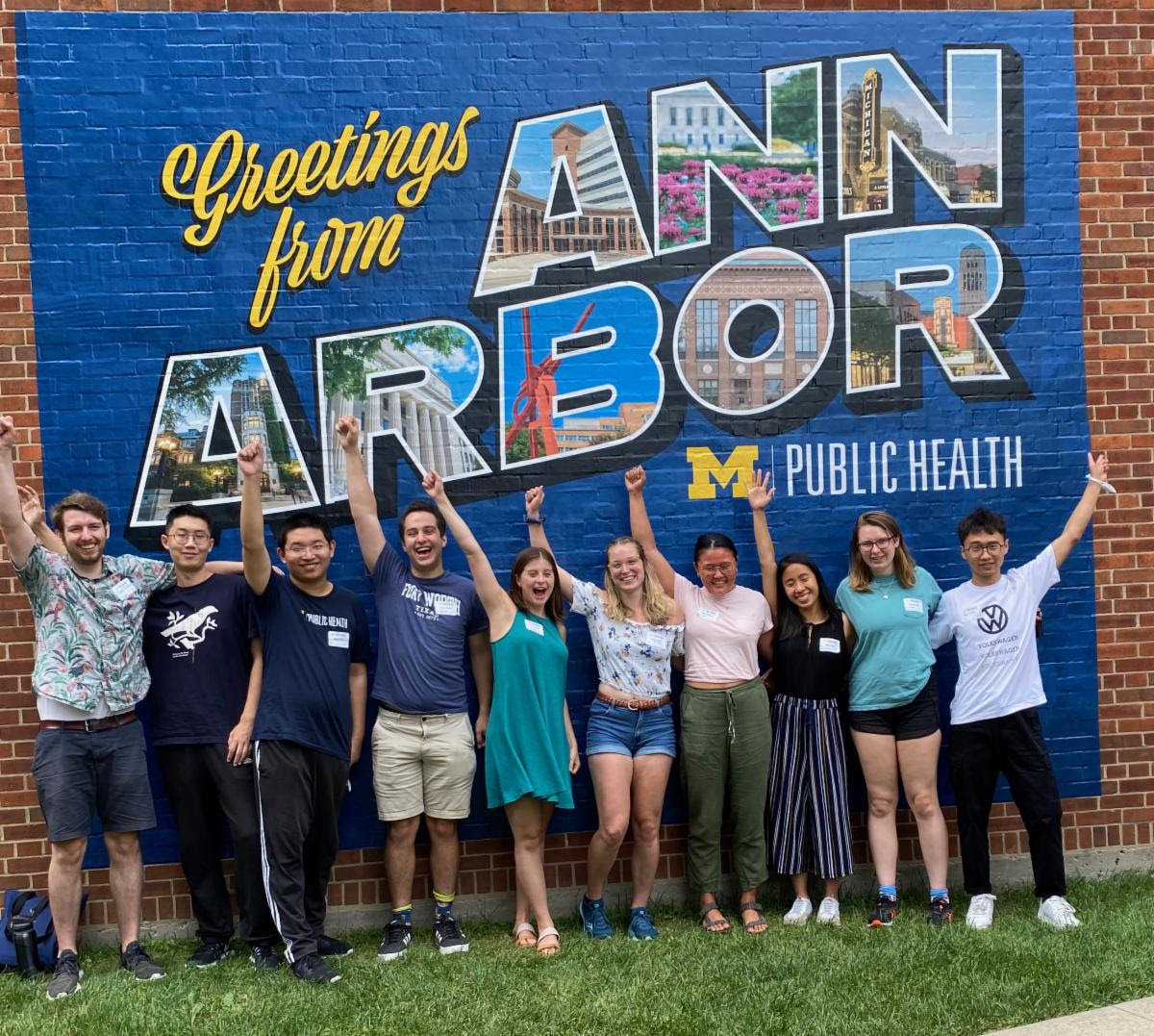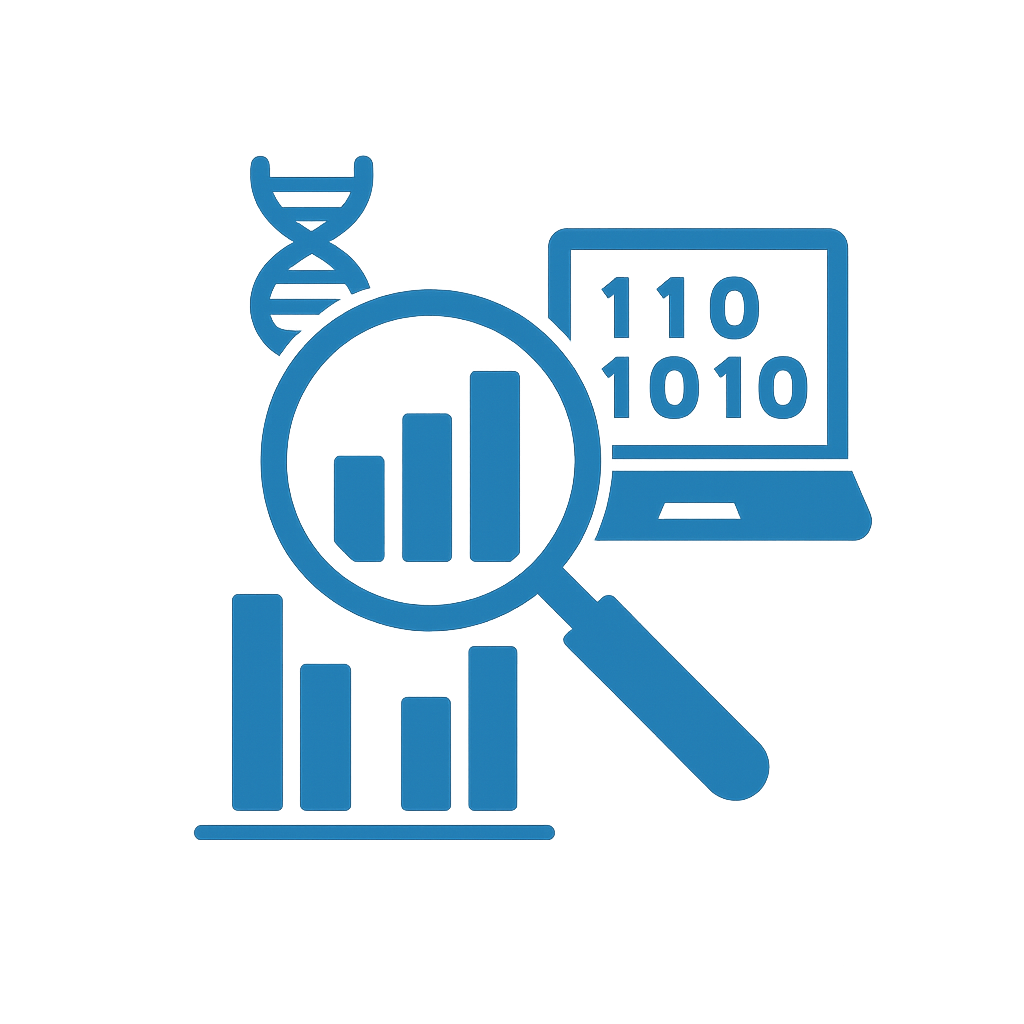We want to meet potential future biostatisticians at of our upcoming October Prospective Student events! |
|
Are you curious, analytically minded, and eager to make a meaningful impact on human health? Learn more about graduate study in Biostatistics and Health Data Science at the University of Michigan.
At our upcoming events over the next two weeks, prospective students from around the country and world will meet our faculty and current students, explore how data fuels innovation in health research, and learn how your academic strengths can translate into meaningful careers.
📅 Two opportunities to connect (keep reading to learn more):
No matter their starting point, this is your chance to see what’s possible — and how Michigan Biostatistics can be part of your next step. Biostatistics offers a path to deepen your impact and expand your career options, whether your background is in: |
|
Quantitative Fields Mathematics, statistics, economics, and related areas |
If you thrive on theory, modeling, and problem-solving, Biostatistics is where your skills can make a direct impact. You’ll take your knowledge of probability, inference, and mathematical reasoning and build upon it as you learn to design studies, build models, and interpret data that answer critical questions about health, medicine, biotechnology, and more. From developing new statistical methods to improving how we measure treatment effects, this path lets you see your quantitative training at work in ways that matter. |
|  | Scientific Fields Biology, chemistry, neuroscience, psychology, public health, and related areas |
If you’re passionate about scientific discovery and have strong quantitative skills, but want to strengthen your analytical edge, Biostatistics gives you the tools to do exactly that. You’ll learn to design rigorous studies, choose appropriate statistical methods, and make sense of complex datasets — whether you’re working with clinical trial results, lab experiments, or population health surveys. This training lets you contribute more powerfully to research teams, ask sharper questions, and translate findings into evidence that improves lives. |
|  | Data Science Fields computer science, data science, informatics, engineering, and related areas |
Your computational skills are in high demand in Biostatistics and Health Data Science. Here, you’ll learn to build scalable algorithms, wrangle massive health datasets, and apply machine learning techniques to genomic, imaging, and electronic health record data. You’ll explore how to make models interpretable, fair, and actionable — helping researchers and clinicians use data to guide real-world decisions. This is where coding meets discovery, and where your technical expertise becomes a force for better health outcomes. |
|
|
Graduate study in Biostatistics and Health Data Science gives students the opportunity to work at the intersection of methods development and real-world impact. |
Students learn and apply tools such as:
- Bayesian methods and probabilistic models to incorporate uncertainty into decision-making.
- Causal inference and dynamic treatment regimes to ask “what if” questions that guide policy and personalized medicine.
- Clinical trial design, survival analysis, and risk prediction models to evaluate new therapies and predict outcomes.
- Machine learning, network methods, and high-dimensional data analysis to work with genomic, imaging, and electronic health record data.
- Longitudinal and spatio-temporal modeling to follow disease patterns over time and across populations.
- Statistical computing and optimization to build scalable, reproducible solutions to complex problems.
These methods power discoveries in diverse areas, including:
- Cancer research, heart disease, diabetes, and rare diseases
- Epidemiology, infectious diseases, and public health policy
- Genomics, bioinformatics, metabolomics, and microbiome research
- Environmental and climate health
- Biomedical imaging, psychiatry, and mental health
- Organ failure, transplantation, and aging research
- and much more
|
|
Position yourself for a rewarding and impactful career |
Graduates of our MS and PhD programs pursue careers where they design studies, engineer predictive models, analyze complex datasets, and uncover insights that drive discovery and innovation. In addition to the many who have continued on to pursue a PhD at Michigan or elsewhere, our biostatistics and health data science MS alumni who have graduated since 2020 have gone on to roles such as:
- Data Scientist at Pfizer, Reddit, and Blue Cross Blue Shield
- Biostatistician leading clinical trials at Johnson & Johnson and Mayo Clinic
- Statistician shaping policy and program evaluation at the FDA and RAND Corporation
- Data Analyst developing dashboards and models at Michigan Medicine and the Department of Veterans Affairs
- and many more.
|
|
Meet us at the School of Public Health Prospective Student Day Saturday, October 11 | 9:00am - 1:00pm | School of Public Health |
If you’re eager to explore the vital role biostatistics plays in advancing public health and to discover whether a graduate degree in this field is right for you, we invite you to connect with us at the in-person School of Public Health Prospective Graduate Student Day on Saturday, October 11.
You'll learn not only about our biostatistics programs but also about the School of Public Health as a whole—ranked No. 2 in the nation by U.S. News & World Report. You’ll meet and interact with our faculty, students, and staff, gain insight into our admissions process, and discover opportunities to collaborate on impactful research both inside and outside the classroom. You’ll also explore the vibrant city of Ann Arbor and see how biostatistics fits within the larger mission of Michigan Public Health to improve population health worldwide. |
|
Department of Biostatistics Virtual Information Session Thursday, October 16 | 7:00pm - 8:30pm | Virtual via Zoom |
Are you driven by curiosity, analytical thinking, and a desire to make a real impact on human health? If so, we invite you to learn more about the Department of Biostatistics at our Prospective Graduate Student Experience virtual department session. At this event, you'll explore how a graduate degree in Biostatistics or Health Data Science from the University of Michigan can help you turn your academic strengths into meaningful public health solutions. You'll hear from students and faculty and learn how data fuels innovation in health research (and how you can be a part of it) from wherever you are! |
|
1415 Washington Heights • Ann Arbor, MI 48109-2029 • sph.umich.edu/biostat |
|
|
|
|








